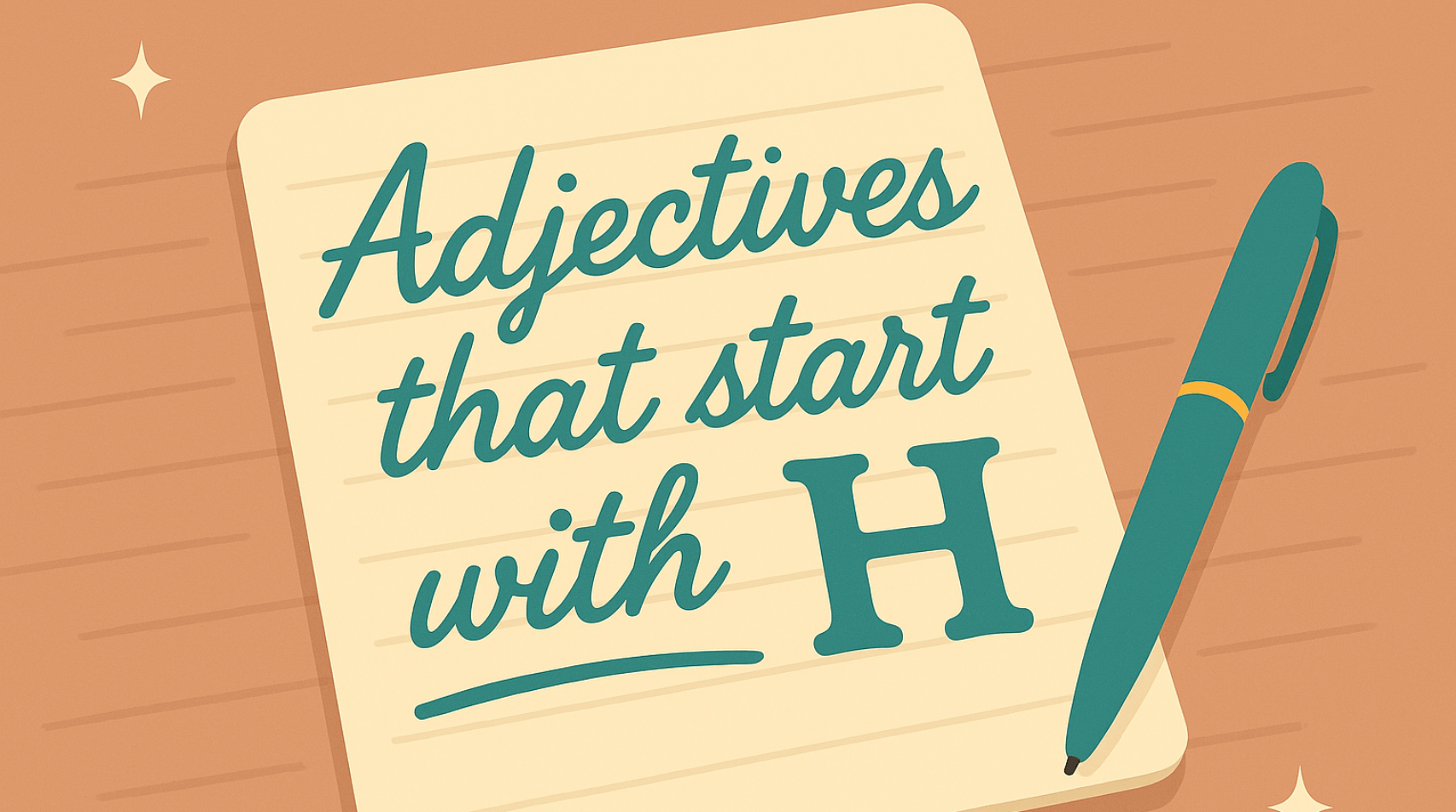Ever stumbled over a sentence that’s way too long, too confusing, or just… complicated? It might just be a complex sentence! While they might sound intimidating, complex sentences are simply the superheroes of the grammar world, helping writers convey more ideas, details, and nuance without sounding like a run-on mess.
So, what is a complex sentence, you ask? It’s a sentence that has at least one independent clause (the part that can stand alone as a sentence) and one dependent clause (the part that can’t stand alone). Think of it like a dynamic duo—one can survive on its own, but together, they create something stronger.
Understanding how to wield complex sentences (and their fancy cousins, compound-complex sentences) is key to mastering writing. Not only do they let you get creative with structure, but they also make your writing more engaging and dynamic. Plus, they can save you from sounding like a robot with stilted, simple sentences. Stick with us as we unravel the secrets of these mighty sentence structures and how they can elevate your writing to the next level!
What Is a Complex Sentence?
A complex sentence is like a power couple of grammar—it’s made up of one independent clause and at least one dependent clause. Let’s break that down: an independent clause is a complete thought that can stand on its own, like a sentence by itself. A dependent clause, on the other hand, can’t stand alone because it’s missing a key piece of information. Together, they form a sentence that packs more punch than a simple, straightforward one.
Here’s an example of a complex sentence:
“Although I love chocolate, I’m trying to cut back.”
Now, let’s unpack this. “Although I love chocolate” is the dependent clause—it’s not a complete sentence because it leaves you hanging. You need the second part, “I’m trying to cut back,” to complete the thought. The combination of these two parts creates a richer sentence than something like “I love chocolate,” which is fine but a bit…boring, right?
Complex sentences allow for more detail and nuance in your writing. Instead of just stating facts or ideas, you can show relationships between them. Maybe something’s happening because of something else, or maybe there’s a twist (like in our chocolate example, where the writer loves chocolate but is still trying to cut back).
Here’s a playful sentence to show the power of complex sentences: “I wanted to go to the beach, but my couch was too comfortable to leave.” Sure, a simple sentence would say, “I wanted to go to the beach.” But adding the “but my couch was too comfortable to leave” adds personality, humor, and a bit of real-life relatability.
The beauty of complex sentences is that they let you express more. Instead of just saying what’s going on, you can explain why, how, or when, which keeps your writing dynamic and engaging. Whether you’re writing a novel, an email, or a grocery list, a well-placed complex sentence can make all the difference!
Your Publishing Journey Awaits – Start NowWhat Is a Compound-Complex Sentence?
Ready to level up? Meet the compound-complex sentence—the overachiever of the sentence world. It’s like a complex sentence’s cool older sibling, flexing its grammar muscles. A compound-complex sentence combines the best of both worlds: it has two independent clauses (complete thoughts that could stand on their own) and at least one dependent clause (which relies on the others to complete its meaning). So, it’s essentially the grammar equivalent of multitasking—getting more done in one sentence.
Here’s an example of a compound-complex sentence:
“Even though it was raining, I decided to go for a walk, and my dog was thrilled.”
Let’s break it down. The first part, “Even though it was raining,” is the dependent clause—it can’t stand alone because it’s not a complete thought. The two independent clauses are, “I decided to go for a walk” and “my dog was thrilled.” Together, these clauses create a sentence that’s rich with action and meaning—rain didn’t stop the walk, and the dog’s excitement adds another layer to the scene.
Now, let’s compare it to a regular complex sentence. A complex sentence might say, “Even though it was raining, I went for a walk.” But the compound-complex sentence adds even more detail, showing the dog’s excitement, and turns it into a mini story. It’s like having two things happening at once, rather than just one idea or action.
Think of it this way: A complex sentence is like a person lounging on the couch, focused on one thing. But a compound-complex sentence? It’s like a multitasker at work juggling a Zoom call, preparing a presentation, and responding to emails. It’s managing multiple thoughts with ease, all in a single sentence.
The beauty of compound-complex sentences is that they give you ultimate flexibility. You can weave together different ideas, actions, and even emotions all in one sentence, adding depth and richness to your writing. Whether you’re telling a story or making a point, compound-complex sentences are your go-to tool for crafting layered, nuanced writing.
How to Spot a Complex Sentence: Identifying the Clues
Identifying a complex sentence is like being a detective—you’re on the lookout for specific clues that point to its complexity. The main giveaway is the dependent clause, which can’t stand on its own and relies on the independent clause to make sense. Look for subordinating conjunctions like because, although, if, since, unless, or while. These little words are like secret agents, linking the dependent clause to the independent one.
For example:
“Although I was tired, I stayed up late to finish my book.”
Here, “Although I was tired” is the dependent clause—it’s incomplete without the main part: “I stayed up late to finish my book.” The word although is your clue, tipping you off to the presence of a complex sentence.
Helpful Tip: If you spot a conjunction that introduces a condition, contrast, or reason, it’s likely you’ve found a complex sentence. If you see multiple independent clauses joined by a coordinating conjunction (and, but, or), that’s a compound sentence, not complex. And if there are no conjunctions at all? You’re probably dealing with a simple sentence.
Let’s break it down with another example:
“If it rains tomorrow, I’ll stay inside and watch a movie.”
The dependent clause is “If it rains tomorrow,” and the independent clause is “I’ll stay inside and watch a movie.” There’s your classic complex sentence in action!
Being a “sentence detective” is easy once you know what to look for. Keep an eye out for those tricky conjunctions and remember: dependent clauses always need a little help to tell the full story!
Complex Sentence Examples: Making It Real
Let’s take a tour through some complex sentence examples, from simple to more advanced, and see how they work their magic in writing. Whether you’re a beginner or a seasoned writer, these examples will help you see how complex sentences add depth and nuance.
1. Simple but Effective
- “When the sun sets, the sky turns pink.”
Here, we have a classic complex sentence: the dependent clause “When the sun sets” and the independent clause “the sky turns pink.” The subordinating conjunction when ties them together, creating a sentence that does more than just state facts. It shows the relationship between two events—one happening as a result of the other.
2. Adding a Twist
- “I wanted to go to the party, but I stayed home because I was feeling sick.”
This one’s a little more advanced, with two independent clauses (“I wanted to go to the party” and “I stayed home”) plus a dependent clause (“because I was feeling sick”). Notice how the word because explains the reason for staying home, adding a layer of context to the sentence. Without the dependent clause, it would just be a simple choice, but with it, we get a peek into the why behind the action.
3. A Creative Example
- “Although I’m terrible at baking, I made a cake for my friend’s birthday, and it turned out surprisingly delicious!”
Now we’re having fun! This sentence starts with the dependent clause “Although I’m terrible at baking,” setting up a contrast, and then delivers the action with two independent clauses. The first independent clause shows the decision to bake, and the second adds a fun twist with the unexpected success. A simple act (baking a cake) becomes an amusing, layered story.
Common Mistakes in Complex Sentences
While complex sentences are great for adding depth, they can quickly turn into a tangled mess if you’re not careful. The biggest mistake? Over-complicating them. Just because you can add multiple dependent clauses doesn’t mean you should! Keep it clear and concise, or risk losing your reader in a sea of commas and clauses.
Here are some common pitfalls to watch out for:
- Comma Splices: This happens when you incorrectly join two independent clauses with just a comma. For example:
“I love to read, I also enjoy writing.”
Quick fix: Replace the comma with a semicolon or add a conjunction:
“I love to read, and I also enjoy writing.”
- Run-On Sentences: A run-on occurs when two independent clauses are stuck together without any punctuation. Example:
“She went to the store she forgot her shopping list.”
Quick fix: Add a period, semicolon, or conjunction:
“She went to the store because she forgot her shopping list.”
- Misplaced Dependent Clauses: Sometimes, the dependent clause gets slapped in the wrong place, making the sentence confusing. Example:
“I stayed home because it was raining.” (This is fine!)
But:
“Because it was raining, I stayed home.” (It’s still fine, but could be misleading if it doesn’t flow naturally.)
A complex sentence disaster:
“Although the pizza was cold, it was delicious and I ate it anyway I watched the movie.”
Quick fix:
“Although the pizza was cold, it was delicious, so I ate it anyway while I watched the movie.”
See? A little punctuation and clarity go a long way!
Why You Should Love Complex Sentences
The power of complexity lies in its ability to transform ordinary writing into something more engaging, sophisticated, and dynamic. Complex sentences allow you to weave multiple ideas and emotions into a single thought, adding layers that make your writing feel richer and more nuanced. Rather than just stating a fact, you can explain why it matters, connect two ideas, or build tension—all in one sentence.
Take, for instance, how complex sentences can introduce dramatic flair or emotional depth:
“Even though the night was stormy, she stepped outside, feeling the cold air as a reminder of her broken dreams.”
This doesn’t just say she went outside; it gives us a glimpse into her state of mind and the atmosphere around her, pulling us deeper into the moment.
Fun Fact: Writers like Charles Dickens and Jane Austen mastered the art of complex sentences to craft their timeless novels. They didn’t shy away from multi-layered structures that made their stories more captivating and impactful.
So, go ahead—experiment! Embrace complex sentences in your writing. Use them to add excitement, depth, and even a little drama. The more you practice, the more you’ll see how complex sentences can elevate your words to new heights.
Mastering Sentence Structures for Better Writing
Mastering complex sentences is key to unlocking the full potential of your writing. By understanding how to structure them effectively, you can elevate your work, add nuance, and keep readers engaged. Complex sentences allow you to connect ideas, add detail, and bring depth to your storytelling—transforming a simple thought into something much more dynamic.
Now that you’ve got the tools, it’s time to practice and experiment! The more you play with complex sentences, the more natural they’ll feel in your writing. Try using them to add richness to your next paragraph or bring emotional depth to your characters.
FAQ: What is a Complex Sentence?
Q: How do you tell if a sentence is complex?
A complex sentence has at least one independent clause and at least one dependent clause. To identify a complex sentence, look for a subordinating conjunction (like although, because, if, since, when) that introduces the dependent clause. If the sentence contains a complete thought that can stand on its own (independent clause) and one that depends on it (dependent clause), it’s a complex sentence.
Q: How do you make a simple to complex sentence?
To turn a simple sentence into a complex one, start by adding a dependent clause. You can do this by connecting the simple sentence with a subordinating conjunction. For example:
Simple: I went to the store.
Complex: Although I was tired, I went to the store.
By adding the dependent clause “Although I was tired” and connecting it with the conjunction “although,” you’ve created a complex sentence.
Q: What is a strong complex sentence?
A strong complex sentence is one that effectively combines an independent clause with a meaningful dependent clause, adding depth, context, or emotion. It should be clear, engaging, and not too convoluted. For example:
“Despite the pouring rain, she raced to catch the bus, determined not to be late.”
This sentence not only follows the complex structure but also provides a vivid image and shows the character’s determination.
Q: What is the rule for complex sentences?
The rule for complex sentences is simple: you need at least one independent clause and one dependent clause. The dependent clause can’t stand alone and needs the independent clause to form a complete thought. It must also be connected by a subordinating conjunction (like because, although, if, while).
Q: What is a compound sentence?
A compound sentence contains two or more independent clauses joined by a coordinating conjunction (like and, but, or, yet). Unlike complex sentences, compound sentences don’t have any dependent clauses. Each part of the sentence can stand alone as a complete thought. For example:
“I wanted to go to the beach, but it started raining.”
This is a compound sentence because it has two independent clauses joined by the conjunction but.
Q: Can a complex sentence be long?
Yes, a complex sentence can be long, but it should still remain clear and easy to follow. The key is balancing the number of clauses and ensuring they connect logically. While complex sentences allow for more detail, too many dependent clauses can make the sentence difficult to understand. Keep it concise and focused to maintain clarity while still enriching your writing.







